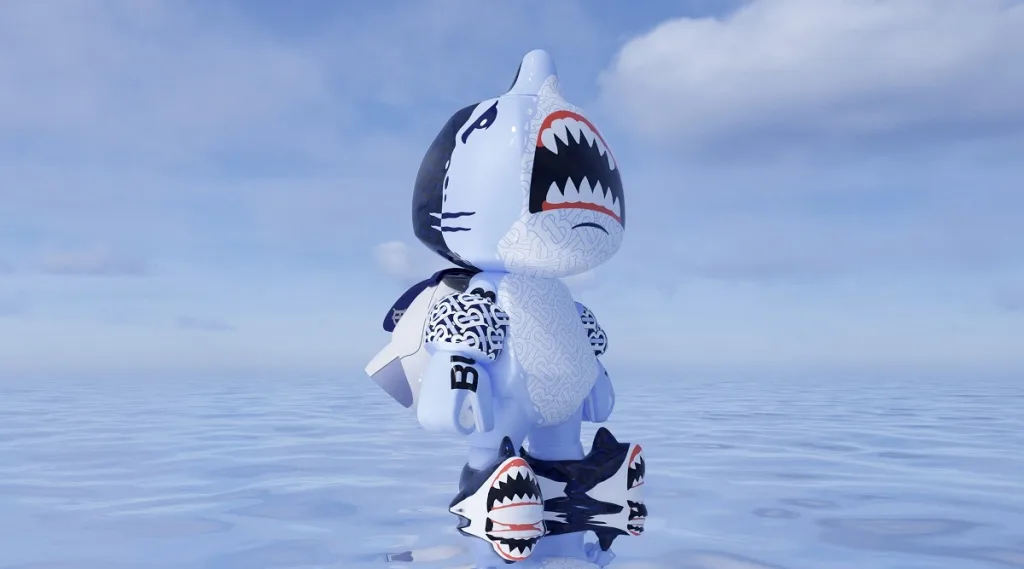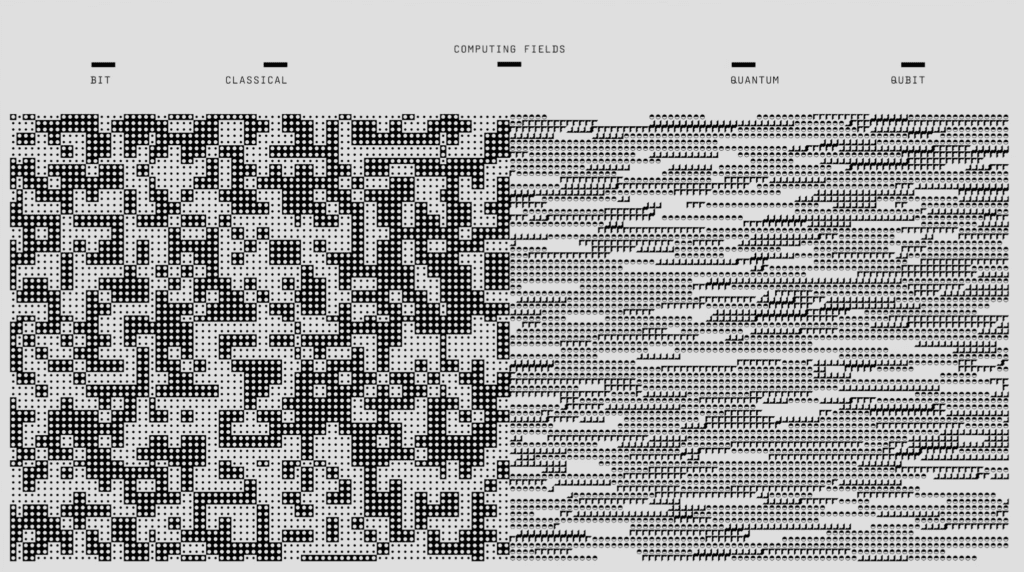Shopify will allow third-party merchants to sell non-fungible tokens (“NFTs”) by way of the e-commerce storefronts that it powers, “betting that there is demand for an alternative to third-party crypto marketplaces,” Bloomberg reported this month. “If you’ve spent one minute on the internet this year, you’ve seen a lot about NFTs,” Shopify president Harley Finkelste tweeted on July 26. “We are making it easier for our merchants to sell NFTs directly through their store.” The news comes not long after eBay revealed this spring that it would add “new capabilities that bring blockchain-driven collectibles to our platform,” on the basis that collectibles, which eBay is known for, are not limited to tangible goods.
Both moves are being touted as likely to make NFTs (i.e., unique crypto tokens that are managed on the blockchain, which acts as the decentralized ledger to track the ownership and transaction history of each token) more mainstream, and they coincide with efforts by services providers, luxury brands – like Gucci, which released an NFT film in May, and LVMH-owned Rimowa, which auctioned off four travel-inspired NFTs and corresponding physical goods, this spring – and sportswear titans like Nike (as indicated by its Cryptokicks patent), among others, to attract digitally-connected consumers, who place significant value in digital assets, and are willing to spend accordingly.
On the heels of early moves by companies like The Fabricant, which created a one-of-a-kind digital outfit, which was auctioned off to the winning bidder in 2019 for upwards of $10,000 and delivered as an NFT, no small number of companies are looking to NFTs to not only outfit – and entertain – consumers in the metaverse but also to assist companies that are looking to boost their authenticity credentials.
Luxury Brands’ Takes on Tech
Louis Vuitton, for instance, launched “Louis: The Game,” a video game with 30 embedded NFTs. The purpose of the visually-striking game, which the world’s largest luxury goods brand debuted on August 4? To connect with digitally-connected, young consumers, who, as Quartz’s Marc Bain put it, Louis Vuitton needs to look beyond its current clients and “introduce itself to” – and build relationships with – in order “to stick around another 150 years.” And in the words of Louis Vuitton chairman and chief executive officer Michael Burke, “The best way to engage people is the through the medium they like.”

On the same day, Burberry unveiled its previously-announced partnership with Mythical Games: an NFT collection in their flagship title, Blankos Block Party, in furtherance of what the British brand calls “a partnership of firsts paving the way for the future of digital ownership in gaming.”
“Adorned with Burberry’s new TB Summer Monogram and inspired by the brand’s Animal Kingdom house code, the limited-edition, limited-quantity Burberry Blanko – a shark named Sharky B – is an NFT that can be purchased, upgraded, and sold within the Blankos Block Party marketplace,” per Burberry. As part of the collection, Burberry revealed that it will launch “its own branded in-game NFT accessories, including a jetpack, armbands and pool shoes, which players can apply to any Blanko they own.”
Specifically addressing the impetus behind the project, Burberry revealed that “at a time when customers are continuously redefining community spaces and the ways in which they connect with brands,” its collaboration with Mythical Games “reflects the house’s longstanding spirit of innovation and creativity, going beyond to forge lasting connections with its communities.” With this new venture, Burberry’s Chief Marketing Officer Rod Manley stated that the brand is “able to unlock genuine value for the gaming community by encouraging players to interact with our brand in an environment that celebrates art, design and exploration” – and in much the same way as Louis Vuitton, it is able to generate value for itself by way of courting new consumers in the process.
The Legal Angle
The enduring demand for NFTs and also virtual fashion, such as the hot-selling accessories that Gucci has offered up in collaboration with Roblox, provides brands with “a great opportunity” attract new customers and to potentially “build loyalty in their followers and customers,” according to Orrick attorneys Sheryl Koval Garko, Mark Puzella, and Caroline Simons. With this budding opportunity in mind, brands should also “be vigilant about theft of their works and police conduct that could weaken or dilute their marks.” At the same time, Garko, Puzella, and Simons assert that brands would be wise to review their existing registrations in order to determine if the classifications of goods/services currently listed do not provide them with “enough coverage for NFTs” and digital fashion more broadly, and if they do not, they should seek to build new rights whenever possible.
To date, brands do not appear to be rushing to register new tech-specific trademarks in Class 9, for instance, which would cover video games, and/or Class 36 – which extends to “digital tokens in the nature of issuance of tokens of value,” as well as “cryptocurrency services, namely, providing a digital currency or digital token for use by members of an on-line community via a global computer network” – in the same way as many were relatively quick to file applications for registration for uses of their marks in connection with face masks and other protective gear in the wake of the COVID-19 pandemic. However, that is likely to change (and change soon), as brands continue to embrace NFTs and virtual fashion, and ultimately, aim to protect against infringing uses of their marks in the metaverse.
After all, the accessibility of the NFT-making market paired with the broader embrace of – and demand for – digital fashion items, particularly by Gen-Z consumers, has opened the door to those looking to trade on the well-established goodwill of famous fashion brands by way of “Baby Birkin” bags, for instance, and in the process, they are presenting brands with an entirely new market to police when it comes to potential instances of infringement.











